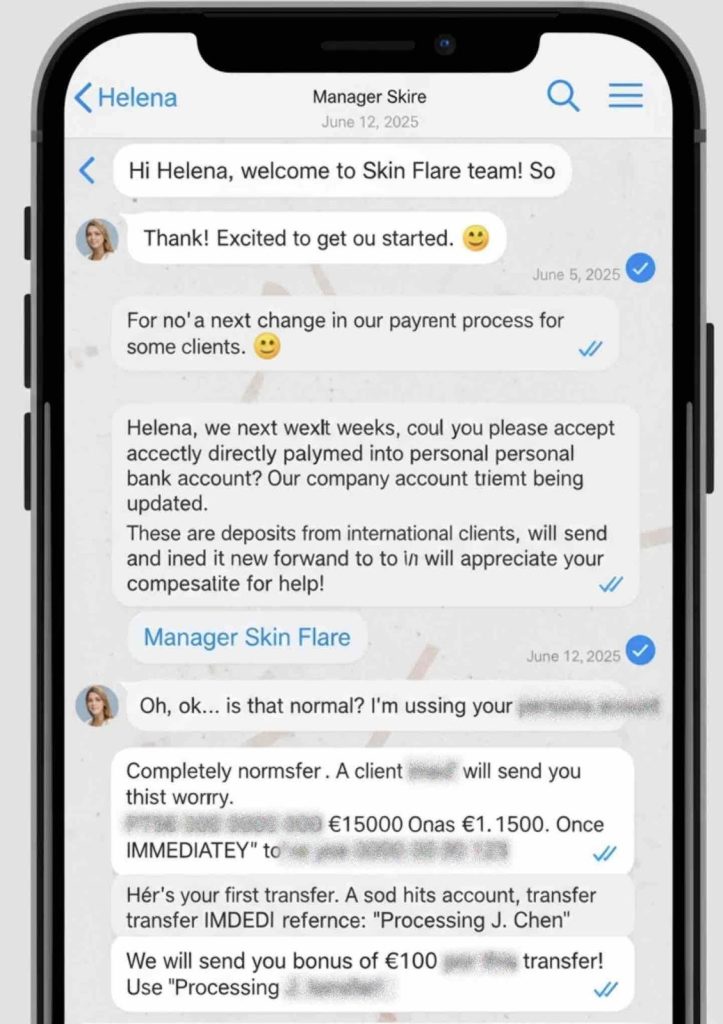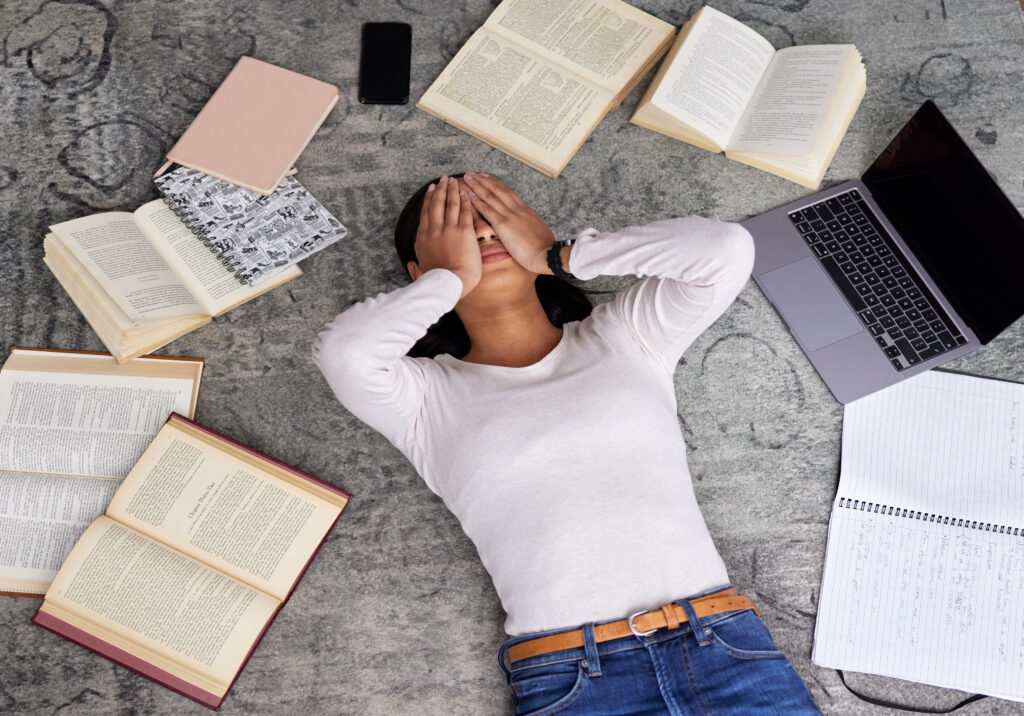People often experience a general state of worry, because anxiety is a natural reaction to problem of life. It helps one face with a challenging situation in the office, study carefully for a test, and keep focused on making an important decision. But, when an anxiety interferes with daily activities and person’s relationship and job, it is considered disabling disorder.
Anxiety disorder can be classified into five major specific types.
1. Generalized Anxiety Disorder (GAD) is excessive, unrealistic worry and tension about nonspecific life events, objectives, and situations.
2. Obsessive-Compulsive Disorder (OCD) is a condition characterized by persistent, unwanted thought and repetitive behaviors.
3. Panic Attacks is characterized repeated and unexpected attacks of intense fear.
4. Social Anxiety Disorder is fear of social situations. People with social phobia have anxiety of being watched and judged by others.
5. Post-Traumatic Stress Disorder (PTSD) is an anxiety disorder that can occur after exposure to a traumatic event that involved the threat of injury or death.
Symptoms
Symptoms depend on the type of anxiety disorder, but general symptoms include:
Heart palpitations, muscle tension, trouble falling or staying asleep, being easily startled, irritability, trembling, churning stomach, nausea, diarrhea, headache, backache, restlessness, trouble concentrating, cold or sweaty hands and/or feet, shortness of breath, fatigue.
Treatment
Anxiety can be treated with medication, psychotherapy, or both.
Medication will not cure anxiety disorders, but it can keep them under control while the person receives psychotherapy. Several different types of medications such as anti depressants, anti anxiety, and beta-blockers are used to treat anxiety disorder.
Cognitive-behavioral therapy (CBT) and exposure therapy are two effective anxiety disorder treatments. Cognitive-behavioral therapy helps people change the thinking patterns that are cause of their anxiety.
Self help
In some cases that anxiety is short duration or the cause is identified and can be eliminated or avoided. There are several exercises and actions that are recommended to cope with this type of anxiety:
Exercise – Exercise is a natural stress buster and anxiety reliever.
Talk with a person who is supportive.
Relaxation techniques- relaxation can reduce anxiety and increase feelings of relaxation and emotional well-being.
Learn to replace “negative self talk” with “coping self talk.”
Learn to manage stress in your life.
Eat a healthy diet. Avoid fatty, sugary and processed foods. Include foods in your diet that are rich in omega-3 fatty acids and B vitamins.
Make sleep a priority. Do what you can to make sure you’re getting enough quality sleep.







More Stories
Getting Fit With Aerobics Classes
Nutrition and Exercise Tips to Walk Away From Death
Why is Cardio Fitness Training Beneficial?